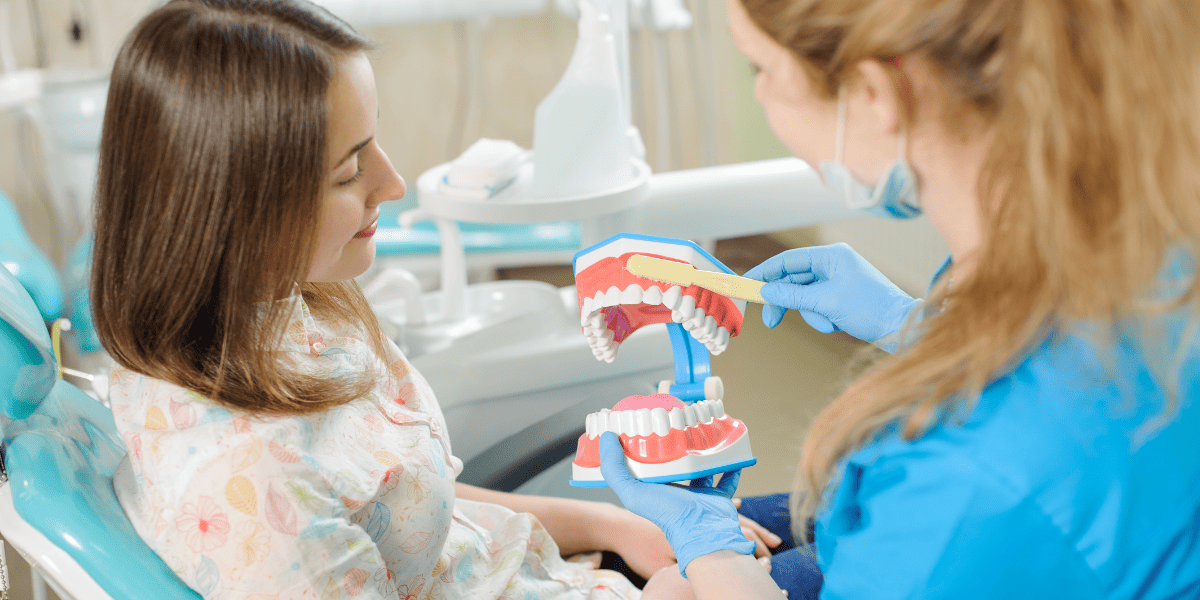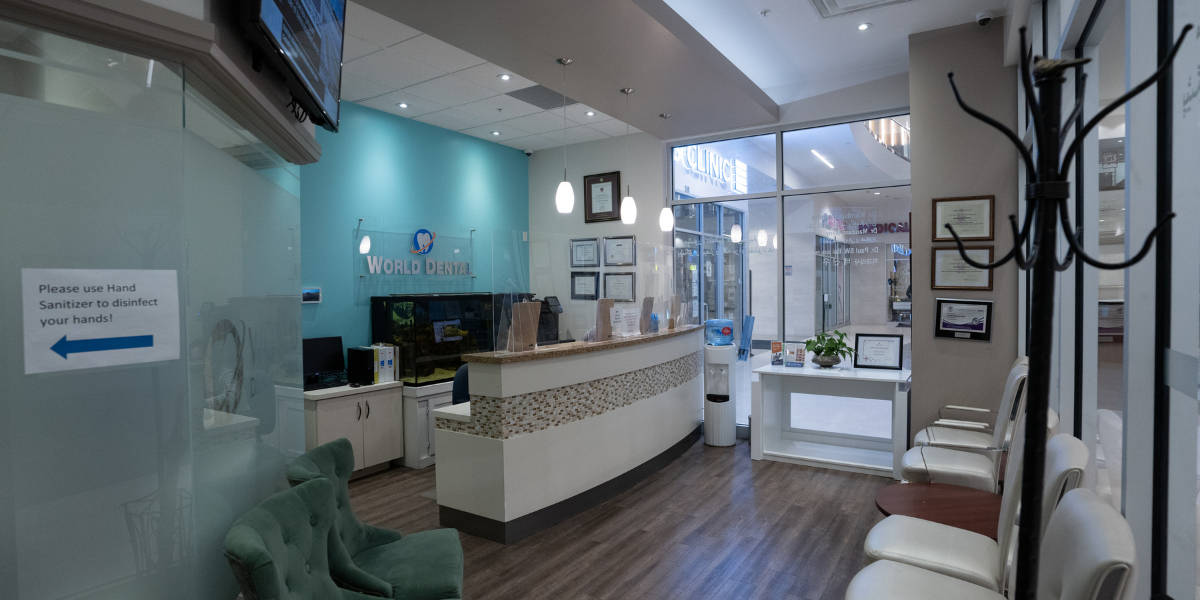
Health Tips: 5 Ways To Treat Infection Around Dental Implant
Dental implants offer an effective and long-lasting solution for tooth loss. But like natural teeth, they are not immune to complications, especially if you do not care for them properly. One common issue some patients face is infection around the dental implant, known as peri-implantitis. Below are four major causes of this. Knowing the cause will better equip you on how to treat infection around dental implant and maintain your new smile.
1. Poor oral hygiene
Perhaps the most common cause of peri-implantitis is poor oral hygiene habits. Teeth implants, just like your natural teeth, need daily brushing and flossing to remove food particles and prevent the build-up of plaque. Failure to maintain a regular cleaning routine can allow bacteria to proliferate, resulting in gum inflammation and, eventually, an infection around the implant.
2. Smoking and alcohol consumption
Excessive alcohol consumption and smoking can also increase the risk of tooth implant infection. Smoking impairs the body’s ability to fight off peri-implantitis and slows down the healing process. It may also cause dry mouth, further encouraging bacterial growth.
Similarly, alcohol can harm oral tissues and impair immune function. Patients who smoke or consume alcohol excessively may, therefore, experience a higher rate of implant-related complications, including infections.
3. Pre-existing dental conditions
If you have a history of gum disease (periodontitis), you may be at a higher risk of developing peri-implantitis. Gum disease is an infection of the tissues that hold your teeth in place, and this same bacteria can attack the tissues surrounding a tooth implant.
Additionally, patients with other oral conditions like bruxism (teeth grinding) may also experience complications. This is because excessive pressure on the implant can lead to tissue damage and subsequent infection.
4. Inadequate post-surgical care
After your implant surgery, your dentist will provide comprehensive instructions for post-surgical care. It’s crucial to follow these carefully to ensure proper healing. Neglecting these instructions can lead to complications, including peri-implantitis. These guidelines may include directions on cleaning, dietary restrictions, medication use, and signs of complications to watch for.
Remember, regular follow-ups after the procedure are essential to monitor healing and catch any potential issues early. If you notice any signs of infection, such as swelling, redness, persistent pain, or pus around the implant, contact your dentist immediately.
Understanding peri-implantitis around a dental fixture
It’s essential first to understand how infections around dental implants, known as peri-implantitis, occur. This condition develops when bacteria accumulate around the implant, leading to inflammation and damage to the surrounding gum and bone tissue. Symptoms may include red or swollen gums around the implant, discomfort, bleeding when brushing, or even loosening of the implant.
5 easy ways to treat dental implant infection
If you appropriately care for them, dental implants can last a lifetime. However, like any surgical procedure, this treatment can occasionally lead to complications such as infection. Here are five easy ways to treat infection around dental implants:
1. Visit your dentist promptly
At the first sign of infection, make an appointment to see your dentist promptly. While home care methods can assist in relieving symptoms, professional treatment is necessary to eliminate the infection and prevent further complications. Your dentist will examine the area, diagnose the problem, and decide on the best course of treatment.
2. Thorough cleaning and antibiotics
The first step in treating an infected dental implant typically involves a thorough professional cleaning of the implant site to remove plaque and bacteria. Your dentist may use specialized tools designed to clean around and beneath the implant. After the cleaning, the dentist may prescribe antibiotics to kill the remaining bacteria. It’s crucial to complete the full course of the medication, even if symptoms improve before the antibiotics finish.
3. Use of antibacterial mouthwashes
Your dentist may recommend an antibacterial mouthwash to use at home after the professional cleaning. Rinse with this mouthwash as directed, usually twice a day. It can help kill bacteria in the mouth and prevent further accumulation around the implant. Thereby promoting the healing of the infection.

4. Adoption of oral hygiene practices
Maintaining impeccable oral hygiene is key to treating and preventing dental implant infections. Brush twice daily with a soft-bristled toothbrush and use a low-abrasive toothpaste. Remember also to floss daily, using tools like floss threaders or water flossers if needed to clean around the implant. Regular cleaning helps to eliminate bacteria and reduce inflammation.
5. Reassessment and further dental measures
After the initial treatment, your dentist will likely schedule a follow-up appointment to reassess the situation. If the infection has cleared, your dentist will provide guidelines to prevent future infections. However, in cases where the infection persists, this may require further measures like a more invasive cleaning procedure or, in rare instances, surgical intervention to repair the bone around the implant.

Prevention is key
Remember, the best way to manage infections is to prevent them. Regular check-ups, professional cleanings, and maintaining excellent oral hygiene can help keep your dental implant in Thornhill healthy and free from infection. Avoid smoking, which can contribute to infection, and if you have diabetes, keep your blood sugar levels under control, as uncontrolled diabetes can increase your risk of dental implant infections.
Takeaway
While an infection around a dental implant may initially cause concern, knowing how to manage the situation can alleviate anxiety. Prompt professional treatment, combined with good oral hygiene practices, can eradicate peri-implantitis and ensure the longevity of your dental implant. Your beautiful, restored smile is well worth this care and attention!

If you notice any sign of infection around your dental implants, schedule an appointment immediately with World Dental so that our experts can attend to you promptly. By taking care of your implant, you’re taking care of your smile, and that’s worth the effort!
A New Dental Experience Awaits You.
Book An Appointment Now!
Call (647) 560-0996
to Book an Appointment
or Fill Out the Form Below



